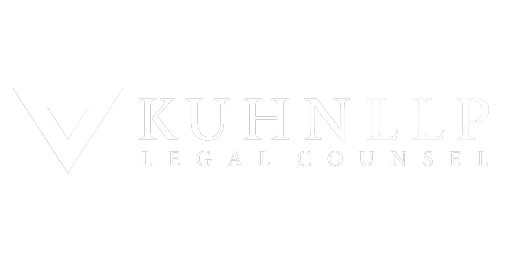November 2024 – GR WINS
This past year has been pivotal for housing advocacy, with significant government actions to expedite housing delivery in Metro Vancouver. HAVAN has actively engaged at both municipal and provincial levels, advocating for balanced policies that prioritize delivery of housing. From new development financing frameworks to advocating for fairer fees, HAVAN has provided crucial industry insights and advocacy to help shape the evolving housing landscape.
View the full report featuring our achievements in policy reform, housing summit participation, and other advocacy efforts during 2024,
An urgent call for action is called for as escalating development costs and the implications of Bill 46: Development Financing reveal how DCC and ACC charges are stalling housing delivery across Metro Vancouver. View the media release here. View the two-page summary report here.
May 2023: QR #08 report provides an in-depth analysis of Development Cost Charges (DCCs) and other Development Fees across Metro Vancouver.
QR #6: ARE WE BUILDING ENOUGH HOUSING IN METRO VANCOUVER? MUNICIPAL UPDATE
May 2022: QR #06 report looks at the percentage of annual housing surplus and/or shortfall by municipality, in relation to Metro Vancouver’s 2040 Regional Growth Strategy projection.
QR #5: WHAT GOES INTO THE COST OF A PRODUCTION HOME IN METRO VANCOUVER?
December 2021: QR #05 report information is based on point-in-time data as of December 31, 2021. Certain costs such as financing are incurred month over month as a result of delayed permit processing times, and shortages of materials and labour. The delays in time directly impact the cost and selling price of a home.
QR2 – 2021 BC ENERGY STEP CODE: IMPLEMENTATION ACROSS THE REGION
View the full QR2-2021 Report.
May 2021: QR #02-2021 report identifies the various stages of Metro Vancouver’s 21 municipalities’ adoption of the BC Energy Step Code. The data breaks down Metro Vancouver by its 21 municipalities, listing Part 9 and Part 3 with the associated target adoption dates for the BC Energy Step Code. The goal of this report is to contribute to the dialogue on energy efficiency and the provision of much-needed, affordable, housing supply to address Metro Vancouver’s housing crisis. The BC Energy Step Code table will be updated monthly to provide members with real-time data to help navigate code requirements across the region.
QR1 – 2021 GR WINS
2021 Quarterly Report #01 (QR1-2021)
January 2021: QR #01 – 2021 report shows the direct impact made by the residential construction industry across Metro Vancouver. As the report indicates, Metro-wide the residential sector creates over 132,000 jobs, $8 billion in wages, and a combined investment value of $18.1 billion. Using two municipalities as an example; Maple Ridge sees over 5200 jobs, $316 million in wages, and $715 million in investment value, and the City of Vancouver generates over 38,000 jobs, $2.3 billion in wages, and $5.2 billion investment value. Add on the spin-off economies from people who live and work locally in their communities and the numbers will only grow exponentially. Click here for a list of data by the municipalities.
ARE WE BUILDING ENOUGH HOUSING SUPPLY?
November 2019: Displaying the percentage of Annual housing achieved above or below Metro Vancouver’s Regional Growth Strategy projections, this data is supported by projections and actual housing realized from 2011 – 2018 across eighteen Metro Vancouver municipalities.
HOUSING APPROVALS STUDIES
The Housing Approvals Study (HAS), the third report in this series examines the building approval process in an effort to reduce unnecessary time and costs for the delivery of an efficient supply of affordable housing across Metro Vancouver.
View the Housing Approvals Study (HAS) In-Fill Housing Report 2017
View the Getting to Groundbreaking (G2G) Year 2 Report (Focus on WoodFrame Apartments) 2015
View the Getting To Groundbreaking (G2G) Year 1 Report (Focus on Townhouses) 2014










